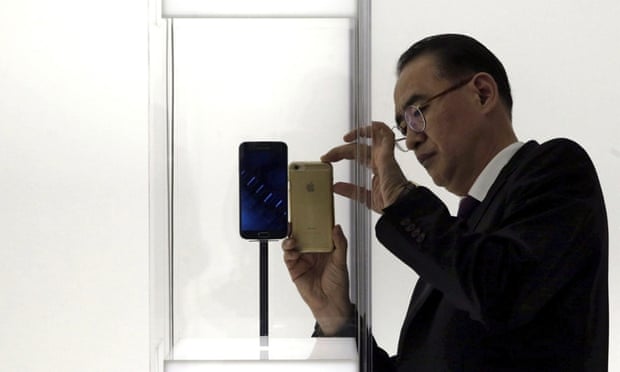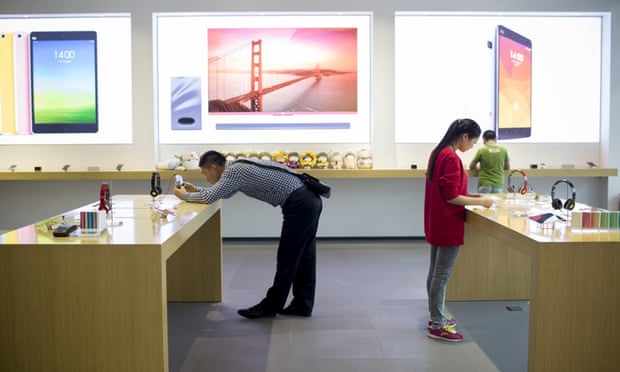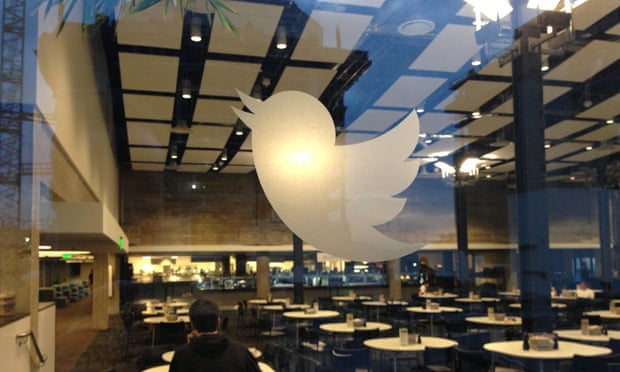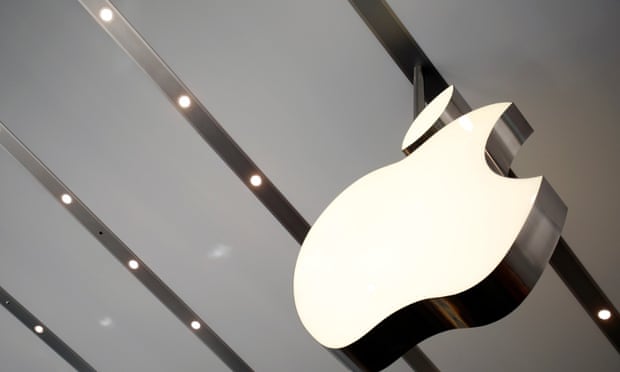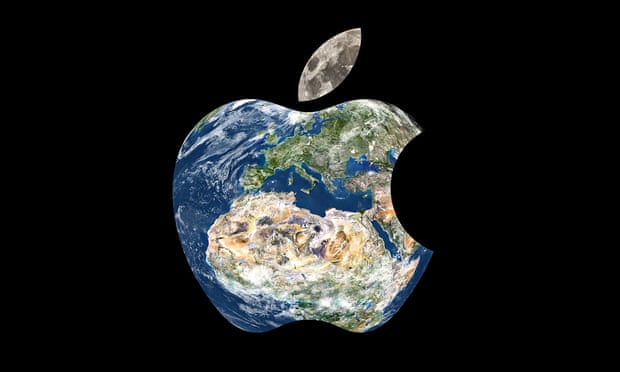This article is about how Apple have overtaken Samsung in the demand of their phones as they have sold more over the last quarter of 2014. It discusses that this has been the case due to the increased demand of Apple products and phones in China, resulting in more sales.
- The US company sold 74.8m smartphones, just ahead of Samsung’s 73m units, analysis firm Gartner said.
- Apple’s iPhone sales were up almost 25m on the same period last year, driven by an explosion in demand from China that helped push its profits to a record $18bn (£11.8bn) in the final quarter.
- Apple has long outsold Samsung by value, but its new dominance by volume spells trouble for its South Korean rival, which has been struggling with falling sales and shrinking earnings.
- Samsung sold nearly 10m fewer phones than it did in the runup to Christmas 2013, thanks to lacklustre demand for its flagship Galaxy S5 and fierce competition at the lower end of the market.
- Chinese firms such as Xiaomi, Huawei and Lenovo, which from a startup in 2010 is now valued at $45bn, have begun to nibble at Samsung’s sales by offering high performance low-cost phones and brands that younger customers increasingly identify with.
- Xiaomi has more than doubled its market share in a year to 5%, selling almost 19m units in the final three months of 2014, up from 6m the year before. The firm has already expanded into developing markets including India, Indonesia and Mexico, and is preparing to launch its Mi.com accessories store in Europe.
- Samsung is now fighting to avoid the downwards spiral that damaged once profitable mobile phone businesses like Nokia and Blackberry. It responded on Sunday by launching two updates to its flagship phone, the S6 and S6 Edge, which sports an unusual curved screen.
